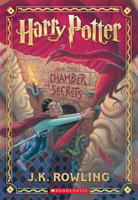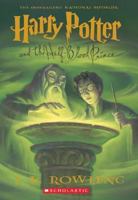Book Overview
The fun way to create and maintain personal branding Distinguishing yourself from the competition is important in any facet of business. Creating a clear and concise image, reputation, and status in the professional world provides an edge, whether searching for a first job, exploring a change in career, or looking to be more viable and successful in your current career. Personal Branding For Dummies is a guide through the steps of creating and maintaining a personal trademark by equating self-impression with other people's perception. Personal Branding For Dummies covers everything you need to create your personal branding, including: using different organizations and associations to increase visibility and exposure to both clients and competitors; making the most of networking; tapping into Social Media outlets like Facebook, Twitter, and LinkedIn to showcase a personal brand; building a persona through websites and blogging; evaluating personal style and appearance; using conversation, negotiation, and sales techniques best suited to a personal brand; monitoring your brand reputation and successfully implementing feedback as it grows and develops, and more. Tips on utilizing Social Media to showcase your personal brand How personal branding can help advance your career Guidance on creating a clear and concise image With the hands-on, friendly help of Personal Branding For Dummies, you'll establish a professional presence and personal "brand" identity to keep yourself distinguished in the business world.>
Format:Mass Market Paperback
Language:English
ISBN:0345322401
Release Date:April 1987
Publisher:Del Rey
Length:336 Pages
Weight:0.42 lbs.
Dimensions:6.8" x 0.7" x 4.1"
You Might Also Enjoy
Customer Reviews
6 customer ratings | 5 reviews
There are currently no reviews. Be the first to review this work.

































